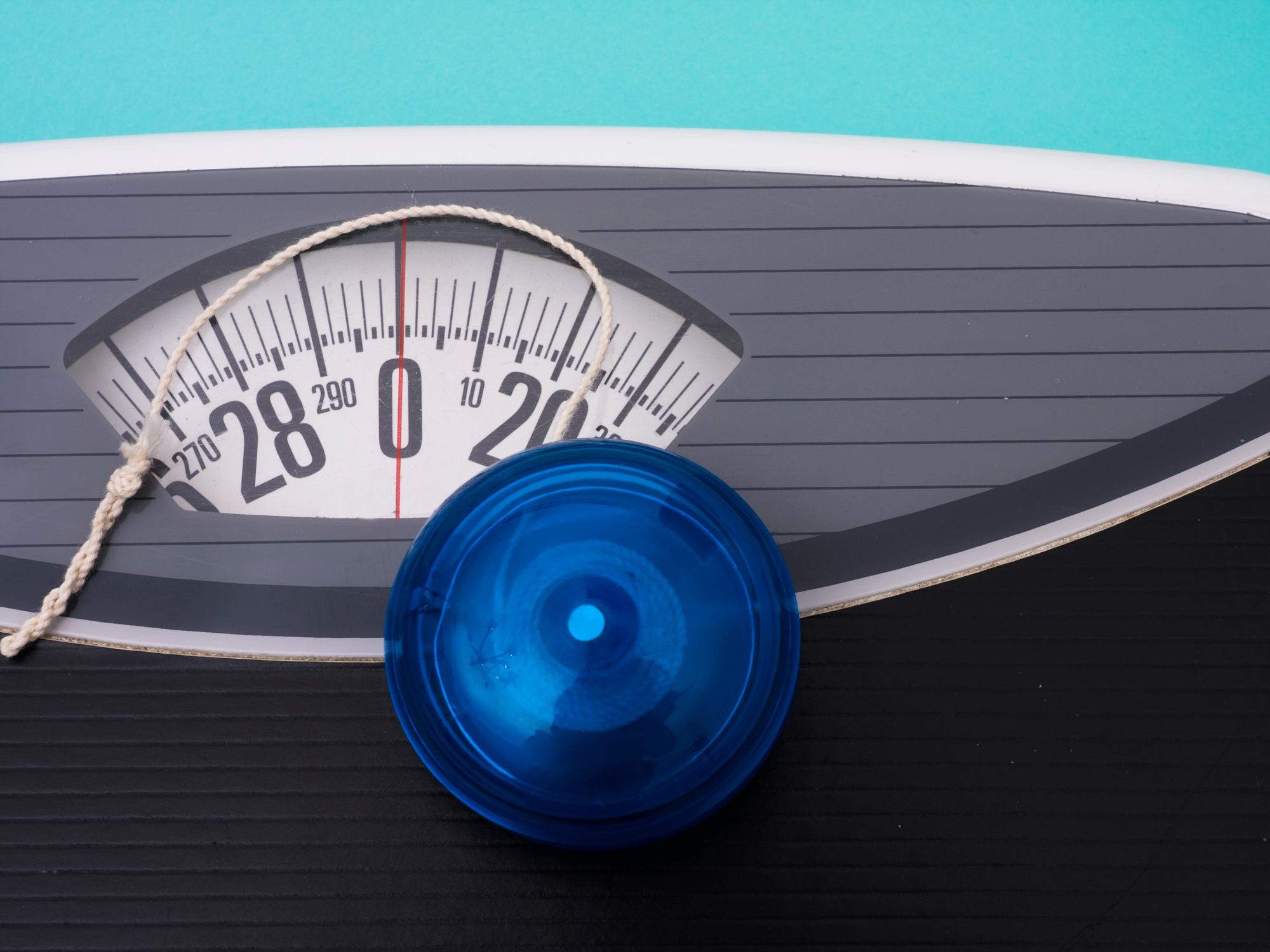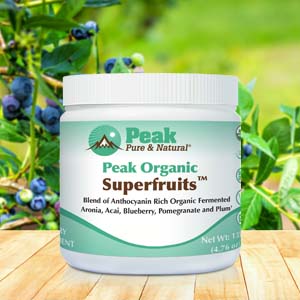Get Easy Health Digest™ in your inbox and don’t miss a thing when you subscribe today. Plus, get the free bonus report, Mother Nature’s Tips, Tricks and Remedies for Cholesterol, Blood Pressure & Blood Sugar as my way of saying welcome to the community!
Control your metabolic thermostat and lose weight with probiotics

It’s happened to almost everyone who’s ever tried dieting — you go on a diet, lose some weight and then gain it back again. In fact, you may even put on more weight than you lost initially, which means you have to go on another diet.
This is yo-yo dieting. And it can easily become an endless cycle: the more you diet, the more weight you gain in the long run.
And if you gain more and more weight, you fall victim to an increased risk for metabolic syndrome, diabetes, fatty liver and other diseases.
It seems like an uphill battle, but…
There may be a simple answer.
Scientists believe your metabolism is similar to a thermostat. Once you gain weight, you reset your metabolic thermostat to your new weight. That means, when you lose weight, your body’s doing everything it can to get back to the higher weight set in your thermostat.
So your metabolic thermostat is actively working against you when you try to lose weight. But that’s not the only thing working against you. Your microbiome could be sabotaging your weight loss efforts too…
Israeli researchers from Weizmann Institute of Science recently studied the effect of yo-yo diets on mice. They found that yo-yo dieting impacts their microbiome in a way that causes them to gain weight rather than lose it. And they suspect this happens to people too.
Basically, they found that mice put on yo-yo diets had less diverse bacteria in their guts — and less diverse gut bacteria has been linked to obesity and other metabolic problems in previous studies.
They made another discovery too…
The bacteria in the guts of yo-yo dieting mice weren’t digesting plant fiber correctly. As a result, the mice were missing out on polyphenols from these plant fibers. Polyphenols are antioxidants that protect your body from free radicals, fight inflammation and help you lose weight. So having fewer polyphenols in your body puts you at a major disadvantage when it comes to weight loss and health.
Say no to yo-yo diets, and yes to…
Lasting weight loss.
Since weight loss and weight gain are tied to your gut bacteria and the polyphenols in your body, there’s an easy way to undo the damage of yo-yo dieting so your gut can back to controlling your metabolic thermostat and helping you lose weight…
The first step is to adopt a reasonable diet you can sustain for the long term. Eating healthy will help you much more in the long run, than obsessively counting calories or adhering to an extreme diet craze. These diets are doomed from the start.
Instead, try to eat fresh food that’s as close to its natural form as possible. That means eating more fruits, vegetables, nuts, seeds, eggs, grass-fed meats and whole grains, and less boxed or prepackaged meals and snacks like chips, cereals, and sweets (choose desserts that can actually help you lose weight, like this). Make sure you eat plenty of fiber (here’s a list to make that easy), because that feeds the bacteria in your gut and keeps them thriving.
Secondly, be sure to take a good quality probiotic to ensure the diversity of your gut microbiome. According to Dr. Mark Wiley, probiotics could be the key to successful weight loss — and plenty of studies back him up on that.
Lastly, pump up the polyphenols since they seem to keep your gut bacteria happy and your body healthy. For a diet that really works, seek out polyphenol-rich foods like:
- Seasonings such as cloves, sage, rosemary and thyme.
- Fruits and vegetables like strawberries, blackberries, plum, spinach, onions and broccoli.
- Nuts and seeds such as flaxseeds, pecans, almonds and hazelnuts.
- Dark chocolate
Editor’s note: Are you feeling unusually tired? You may think this is normal aging, but the problem could be your master hormone. When it’s not working, your risk of age-related diseases skyrockets. To reset what many call “the trigger for all disease” and live better, longer, click here to discover The Insulin Factor: How to Repair Your Body’s Master Controller and Conquer Chronic Disease!
Sources:
-
A. Thaiss, et al. “Persistent microbiome alterations modulate the rate of post-dieting weight regain.” Nature, 2016.
-
J Pérez-Jiménez. “Identification of the 100 richest dietary sources of polyphenols: an application of the Phenol-Explorer database.” European Journal of Clinical Nutrition, 2010: 64, S112–S120.














